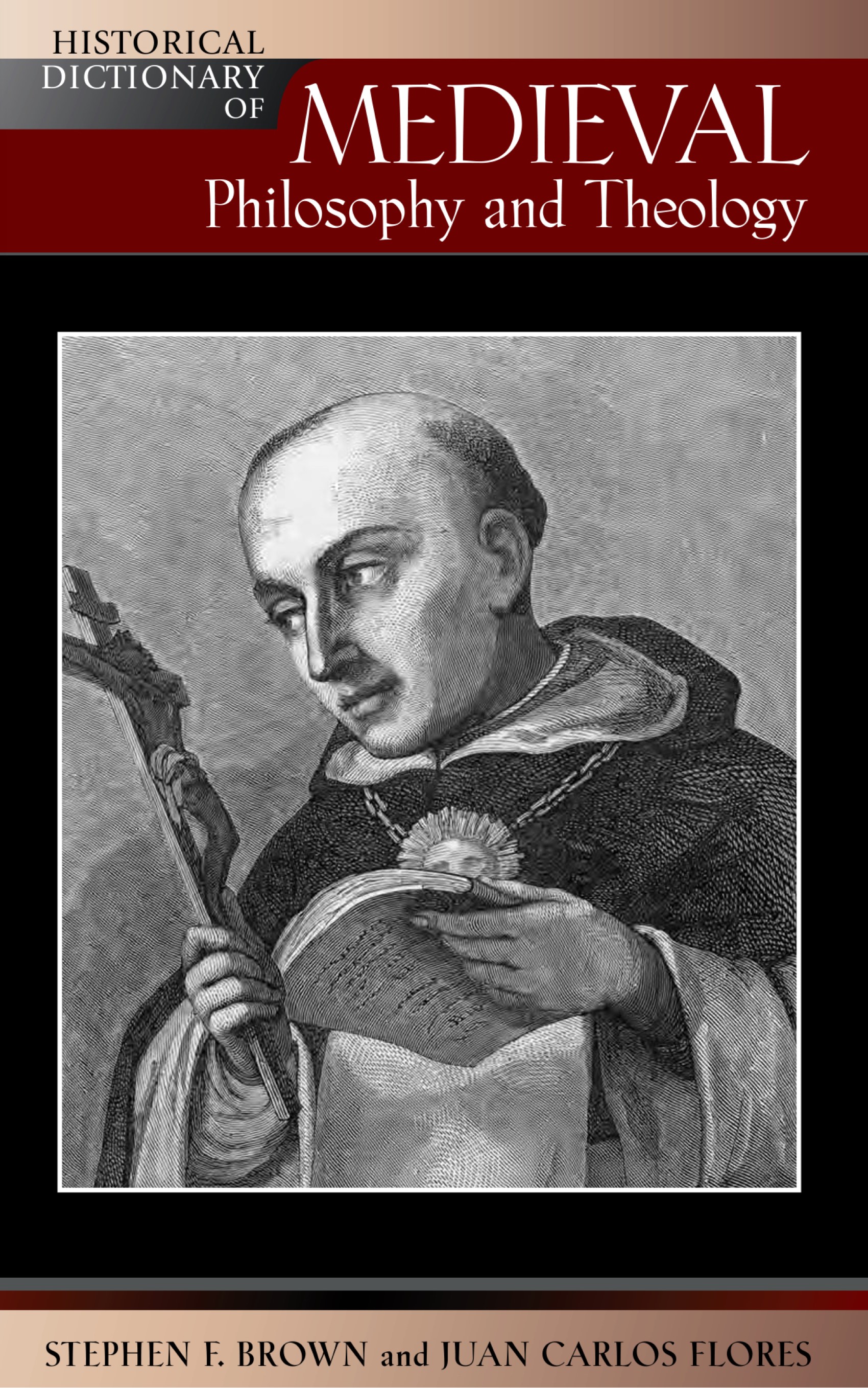Historical Dictionary of Medieval Philosophy and Theology
Summary of Historical Dictionary of Medieval Philosophy and Theology by Stephen F. Brown and Juan Carlos Flores
The Historical Dictionary of Medieval Philosophy and Theology by Stephen F. Brown and Juan Carlos Flores is a comprehensive reference guide that explores the key figures, concepts, institutions, and events that shaped medieval thought. The book primarily focuses on Christian, Jewish, and Islamic medieval philosophy and theology, covering the period from the 9th to the early 17th century.
⸻
Key Themes and Structure
1. The Intellectual Achievements of the Middle Ages
• The book challenges the common misconception that the Middle Ages were an era of intellectual decline, emphasizing the contributions of Anselm, Peter Abelard, John Duns Scotus, William of Ockham, Peter Lombard, and Thomas Aquinas.
• It highlights the continuity between Greco-Roman thought and medieval philosophy, particularly through the transmission of ancient Greek philosophy by Arabian and Hebrew scholars.
2. Relationship Between Philosophy and Theology
• Medieval philosophy was deeply connected to religious thought, with scholars using logic and reason to explore theological doctrines.
• Key philosophical traditions:
• Platonism: Emphasized the existence of unchanging ideal forms.
• Aristotelianism: Focused on empirical observation and logic, influencing thinkers like Aquinas and Averroes.
• Neoplatonism: Integrated aspects of Plato’s metaphysics with religious mysticism.
3. Influence of Greek, Jewish, and Islamic Thinkers
• The book covers the preservation and expansion of Greek philosophy by Islamic and Jewish scholars, including:
• Avicenna (Ibn Sina) – Combined Aristotelian logic with Neoplatonic metaphysics.
• Averroes (Ibn Rushd) – Provided critical commentaries on Aristotle that influenced Christian scholasticism.
• Maimonides – A key Jewish philosopher who synthesized Aristotelian thought with Jewish theology.
4. Key Figures and Their Contributions
• Thomas Aquinas (1225–1274): Integrated Aristotle’s philosophy with Christian theology in his Summa Theologiae.
• Anselm of Canterbury (1033–1109): Developed the ontological argument for God’s existence.
• John Duns Scotus (1266–1308): Defended the Immaculate Conception and argued for the univocity of being.
• William of Ockham (1285–1347): Introduced Ockham’s Razor, emphasizing simplicity in philosophical explanations.
5. The Development of Universities and Scholasticism
• The book explores the rise of medieval universities in Paris, Oxford, and Bologna, where Scholasticism (a method of using logic and dialectics in theology) flourished.
• The Condemnations of 1277: A pivotal moment when some Aristotelian ideas were rejected by the University of Paris, marking a turning point in medieval thought.
6. Theological Debates and Doctrinal Conflicts
• Faith vs. Reason: The tension between rational inquiry and religious belief was a dominant theme in medieval theology.
• The book examines disputes over:
• The nature of God’s attributes.
• The problem of universals (whether abstract concepts have real existence).
• The role of divine foreknowledge and free will.
7. The Transition to Modern Philosophy
• The book concludes by tracing the shift from medieval to modern philosophy, highlighting how Renaissance humanism and the Scientific Revolution gradually moved away from scholasticism.
• Thinkers like René Descartes (1596–1650) and Francisco Suárez (1548–1617) began developing new methods of philosophical inquiry, laying the groundwork for modern thought.
⸻
Conclusion
This dictionary is an invaluable resource for understanding medieval philosophy and theology, providing detailed entries on key figures, schools of thought, and theological debates. It demonstrates the intellectual richness of the medieval period and its lasting impact on Western philosophy.
